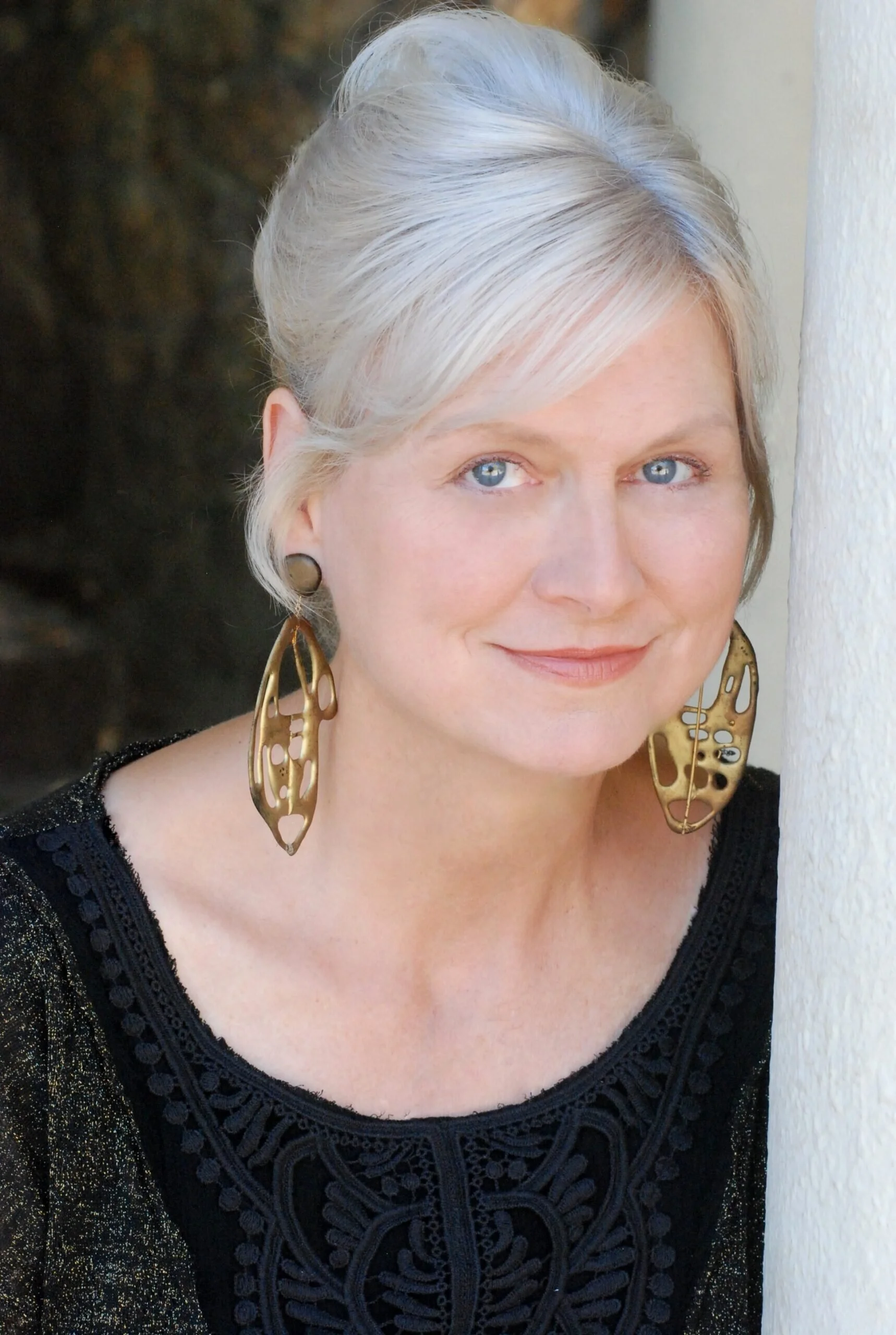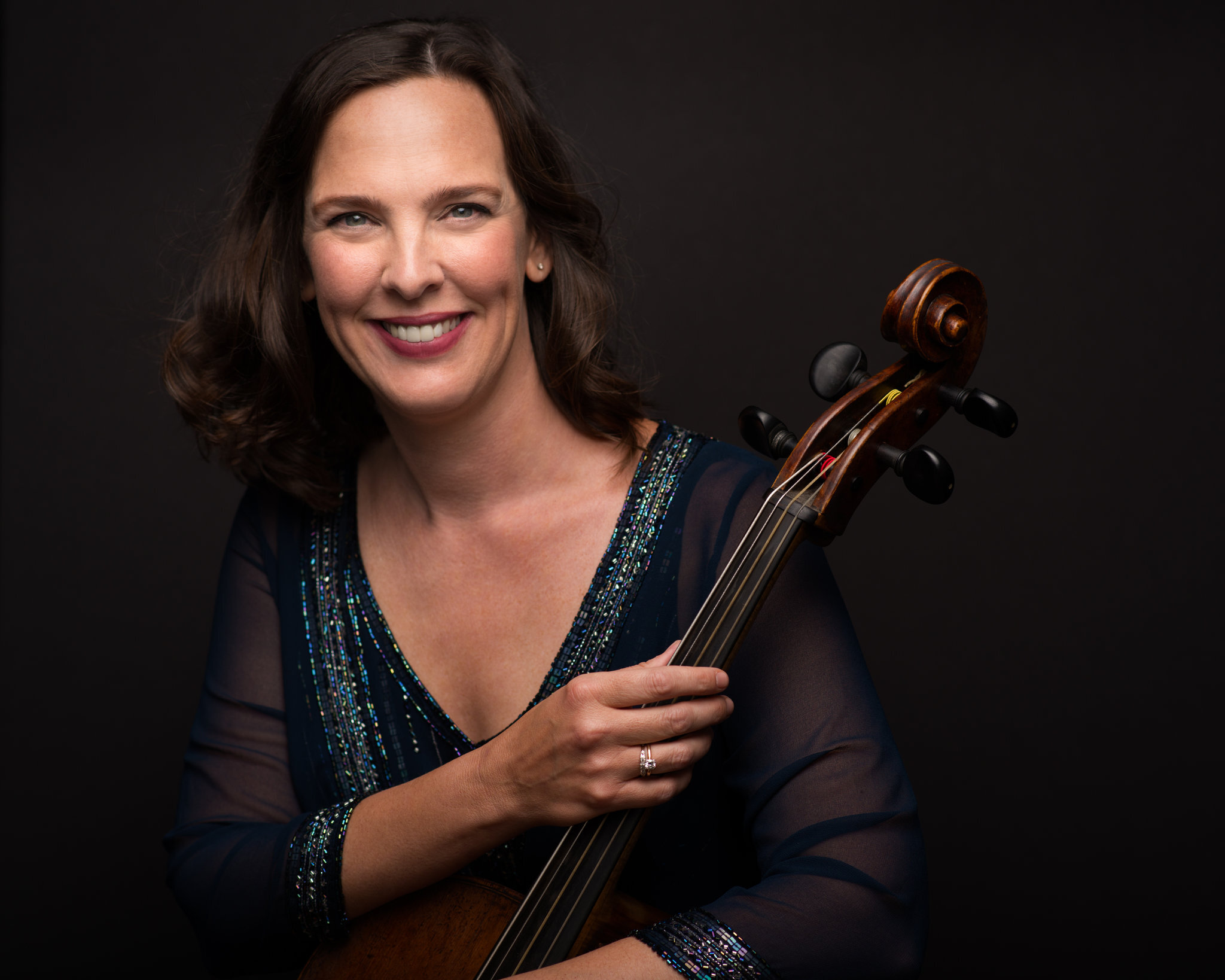Playful Practice
Three integrated workshops focusing on finding comfort and ease with your instrument and the ability to create authentic, embodied musical gestures. Express yourself freely and without pain!
Karen Clark, Stacey Pelinka, and Elisabeth Reed are all professional performers, music teachers and Feldenkrais practitioners based in the San Francisco Bay Area. After spending decades individually exploring performance and teaching through the lens of the Feldenkrais Method, they are excited to come together and allow their ideas and different skills to cross-pollinate and generate new material applicable to all musicians.
This workshop will also be useful for Feldenkrais practitioners who are interested in working more with musicians.
Date: August 21-22, 2021 (Saturday and Sunday)
Workshop 1: August 21, 9-11 am Pacific Time/12-2 pm Eastern Time/6-8 pm Central European
Workshop 2: August 21, 11:30 am-1:30 pm Pacific Time/2:30-4:30 pm Eastern Time/8:30-10:30 pm Central European
Workshop 3: August 22, 9-11 am Pacific Time/12-2 pm Eastern Time/6-8 pm Central European
Cost: $148, live Zoom workshops and video streaming afterwards
Imagination & Intention in Performance and Practice with Karen Clark
Learning a musical instrument— string, wind, voice— stems from our desire to learn, create, and express. There are warm-ups, technical exercises for agility and sustain, and there is putting it all together to play a piece of music. In his book, Awareness Through Movement, Moshe Feldenkrais writes___To learn we need time, attention, and discrimination; to discriminate we must sense.___
Imagine how you would like to feel as you practice or perform. What comes to mind? What are the sensations, thoughts and feelings you would like to experience? In this class we will engage the imagination and intention in exercises that explore tone colors, dynamics, and the narrative running throughout the musical phrase. Imagination sustains our impulse to play and sing.
Karen Clark, contralto holds degrees from the Indiana University School of Music where she studied opera and early music. She has taught in the music departments at Princeton University, Swarthmore College, Sonoma State, UC Berkeley, and in the Thornton School of Music, University of Southern California. Karen studied the Feldenkrais Method under Russell Delman and Alan Questel (1999) and since has presented workshops for choral arts organizations throughout the Bay Area. Karen’s articles, The Impulse to Sing, and, Sounds Unfamiliar are published in the Feldenkrais Journal. Considered a leading interpreter of medieval and modern music, Karen has performed and recorded worldwide with eminent ensembles, such as, Boston Camerata, Sequentia, the Joshua Rifkin Bach Ensemble. Most recent recordings— on the Music & Arts label— include 12th century music of Hildegard von Bingen with her ensemble Vajra Voices, and the song cycle, Dream Drapery— Songs on Thoreau, written for her and the Galax Quartet by Pulitzer/Grammy award winning composer, Joseph Schwantner. Karen lives in Sonoma County, CA.
"One of Karen's great gifts as an instructor is her ability to help students with diverse musical interests and backgrounds, as her approach is truly bespoke to each individual. Karen's ability to integrate vocal technique with breath and bodywork was transformative for my singing. During our time together, Karen emphasized singing from sensation and encourages all of her students to trust their internal wisdom as independent artists. It is a real treat working with a teacher who understands the complexity and wonder of a singer's whole instrument."
The Art of Curiosity with Stacey Pelinka
What do you want to say with your music? How can you use your whole self flexibly and easily to achieve your intention? We will explore how the breath can be a profound agent of expressiveness, of ease in performance, and of agility of the arms and fingers. As an antidote to perfectionism and right/wrong thinking, we will find easy ranges of movement with and without instruments, and how to use questions and curiosity to clarify musical intention.
Stacey Pelinka has studied the Feldenkrais Method since 1994, and graduated in 2005 from the Semiophysics II Feldenkrais training directed by Dennis Leri. Stacey has presented Awareness through Movement workshops at the San Francisco Conservatory, the California College of the Arts, the Northern California Flute Camp, and the National Flute Association annual convention. She taught Feldenkrais classes for the musicians of the San Francisco Symphony from 2012 to 2019. Her article Curiosity and Intention: Teaching Music from a New Paradigm was published in the Feldenkrais Journal in 2009.
As a flutist, Stacey enjoys performing a broad spectrum of classical music, especially contemporary chamber music. She is a founding member of the Eco Ensemble and a longtime member of the Left Coast Chamber Ensemble. Stacey plays principal flute with San Francisco Opera’s Merola Program productions and the Midsummer Mozart Festival, second flute with the Berkeley Symphony and the San Francisco Chamber Orchestra, and piccolo with the Santa Rosa Symphony. She serves as flute instructor at UC Berkeley and UC Davis. A native of the Bay Area, Stacey attended Cornell University and the San Francisco Conservatory, where she studied with Timothy Day.
"Stacey Pelinka is an incredible flutist and she brings her artistry, curiosity, and kindness to Feldenkrais in ways that help instrumentalists and singers achieve ease and centeredness in their own learning and performance. The concepts are universal but personal, and Stacey helps everyone she works with discover the ‘sweet spot’ - whether it be posture, tone production, or general facility and ease of technique on whatever instrument they play."
— Jerome Simas, bass clarinetist, SF Symphony
SoundBodies with Elisabeth Reed
In this workshop, we will refine our ability to clarify the connection between the physical gestures we make with our body and the musical gestures we envision. We will look at how we sit in a chair to allow for comfortable and efficient movement and will experiment with the support of our shoulder girdle and arms in order to better generate a deep, powerful sound with less effort.
Elisabeth Reed teaches viola da gamba and Baroque cello at the San Francisco Conservatory of Music and at the University of California at Berkeley. A soloist and chamber musician with Voices of Music, Archetti, and Wildcat Viols, she has also appeared with the Smithsonian Chamber Players, the Seattle, Portland, Pacific, and Philharmonia Baroque Orchestras, American Bach Soloists, and Pacific Musicworks. She can be heard on the Virgin Classics, Naxos, Focus, and Magnatunes recording labels and has many HD videos on the Voices of Music Youtube channel. Her playing has been described as “intense, graceful, suffused with heat and vigor” and “delicately nuanced and powerful” (Seattle Times). Originally from Chapel Hill, North Carolina, she attended the North Carolina School of the Arts, Oberlin Conservatory, Eastman School of Music, and Indiana University.
In 2000, she graduated from the Semiophysics Feldenkrais training in San Raphael, California, where she studied with Dennis Leri, one of Moshe Feldenkrais’s original students. As a Feldenkrais practitioner, she has worked with musicians from the San Francisco Symphony, the San Francisco Opera, Philharmonia Baroque Orchestra, Jubilate Baroque Orchestra, and the American Bach Soloists, among others. She has also given classes in the Feldenkrais Method at the Juilliard School and the San Francisco Conservatory of Music, as well as at the Early Music America Well-Tempered Musician series, the San Francisco Early Music Society workshops, and the National Viola da Gamba Society Conclave.
Elisabeth is one of those rare people who can uncannily read your mind and what you need with a mere glance, and she knows exactly how to get you there (and it's not always what you'd expect!). Her warmth and compassion as a person combined with her holistic approach to movement and music make her the perfect teacher for healthily reaching one’s potential, and her valuable lessons can be continuously applied to every aspect of our lives.
— Eliana Razzino Yang, The Juilliard School




